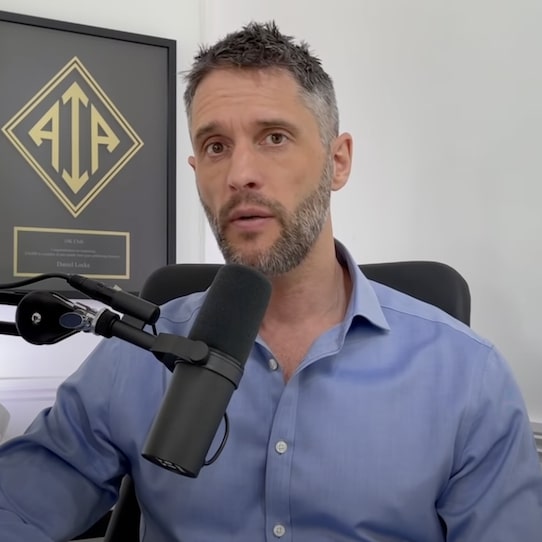Audiobook Income Academy coach Dan Locke did FBA for three years before teaming up with the Mikkelsen twins to teach self-publishing. Here’s his take on the pros and cons of both models and why he believes audiobooks make more sense. The first thing he addressed was earning potential. Hands down, Amazon FBA wins that one. The amount of money you can make with FBA is phenomenal. The tops dogs are doing millions a year with FBA. Granted, it’s rare, but there are people doing it.
Whereas, with publishing, sure, you can make millions a year, but it’s much less common than with FBA. Dan, himself, is hoping to build his self-publishing income to about fifty K a month, for reference. So yeah. In terms of money making potential, point one goes to Amazon FBA. What about passivity? This one, Dan says, goes to Amazon publishing. You get your audiobook or your eBook outsourced, store it in the cloud, list it on Audible or Amazon, close your laptop, and go travel while sales trickle in.
No management required. It runs itself. “That, in my opinion, is the true value of this business,” Dan says. “Because for certain people like myself, that’s freedom. And that’s what I enjoy. That gives me the time to go and spend with my friends, my family. And it gives me the money to do that as well. And for me, that’s the wealth. So that’s how I see it.” In contrast, with FBA, you have to support customers, babysit inventory levels, go back and forth with suppliers, run giveaways, oversee reviews, and on and on. Point for publishing.
Next up, cost. To no one’s surprise, FBA is much more expensive than self-publishing on Amazon. With FBA, you’re paying a manufacturer, you’re paying for labeling, packaging, shipping from China (more than likely) to one of Amazon’s warehouses here in the U.S. And then after all that, you’ve still got Amazon’s fees, PPC ads, software, tools, all sorts of stuff. Whereas, to get an audiobook created, for example, you just have a ghost writer to pay for, maybe a cheap cover art design, a narrator, plus or minus some marketing. That’s it. Another point for publishing.
That brings us to risk. Obviously, with FBA, you’re laying out more money to launch, so right there, it’s riskier. But it goes beyond that. Because, with FBA, there’s a bigger, longer, more complex supply chain. That means more room for error, more areas where something could go wrong. The manufacturer could mess up the product, or shipment to the States could be delayed by Covid, or it could get misplaced at Amazon’s warehouse, or any other number of things. Each potential failure point opens you up to additional delays and costs. Other than potential copyright infringement, publishing has almost no risk. Another point for publishing.
Finally, Dan compared training costs. The most popular FBA courses, such as Tom Wang’s FBA Masterclass, can cost upwards of eight grand. Audiobook Income Academy costs a fraction of that, he says. (Last I checked, it was fifteen hundred bucks, but now I see they’ve moved to phone sales, so I’m sure it’s gone up.) In total, publishing wins the match over FBA by a score of four to one. And yeah, that’s coming from a guy who’s employed by the top self-publishing course online, so he’s gonna be biased. Even he admits that. But I have to agree with his scoring.
I’m honestly surprised so many people are getting into FBA. The more courses I review that teach FBA, the more awful it sounds to me. It’s slow, super expensive, and, like Dan pointed out, so many things could go wrong. If I had to pick between the two, I’d choose audiobooks and eBooks as well. Hands down. But, that said, I know of at least one internet business that’s superior to self-publishing; and, surprise surprise, it’s the one my mentor taught me. Which you can learn more about by clicking the link below.

